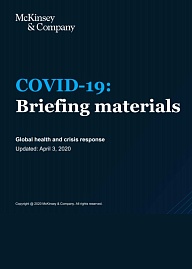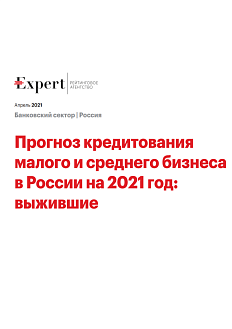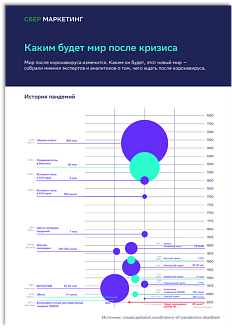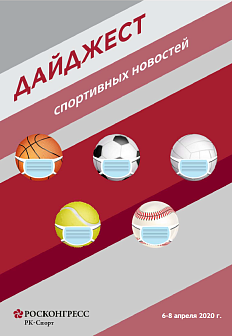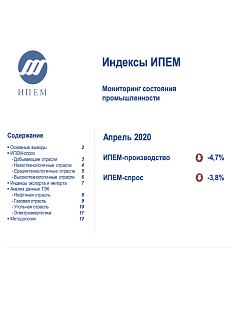This document was prepared by the international consulting firm McKinsey & Company. It describes the current situation with the COVID-19 pandemic and reviews measures taken by companies and countries to respond to the crisis.
This document is meant to help senior leaders understand the COVID-19 situation and how it may unfold, and take steps to protect their employees, customers, supply chains, and financial results.
This publication is regularly updated. The current version in accurate as of April 3, 2020.
The Roscongress Foundation presents the salient points of the publication accompanied by broadcasts of relevant panel discussions from the business programme of international events held by the Roscongress Foundation.
1) The COVID-19 situation is rapidly deteriorating so governments must take urgent action
At the time of writing, COVID-19 cases have exceeded 900,000 and are increasing quickly around the world, with concerns that a 15% hospitalization rate could drive hospital system overload. To reduce growth in cases, governments have moved to stricter social distancing, with «shelter in place» orders in many areas in the U.S., Europe, India, and other countries. The virus has spread worldwide despite containment efforts, and exponential growth in the past two weeks has made the US the newest COVID-19 epicenter.
This has driven rapid demand declines—among the deepest in recent times. There is a limited window for governments to drive adequate public-health responses and meet demand drawdowns with proportionate economic interventions. Without this, the possibility of a deeper effect on lives and livelihoods is more likely. Learnings from other countries and recent innovations (strict social distancing rules, drive through testing, off-the-shelf drugs that can address mild cases, telemedicine enabled home care) could provide basis for a restart.
The authors single out a number of trends in COVID-19 progression:
— Growing evidence on the extent and role of asymptomatic cases and transmission. Although the range is large for estimated share of total cases (~20-50% for percentage of cases that are asymptomatic and ~10-60% for percentage of transmission due to asymptomatic cases), there is significantly higher prevalence than confirmed cases, that could require continued strict social distancing for a while.
— Seasonality is unlikely to be a major contributor to stopping the spread of COVID-19.
— Promising testing innovations may greatly expand disease surveillance capabilities.
— Economic restarts in Asia reflect possibility of a renewed growth in local transmission, which necessitates a reinstitution of restrictions.
2) Certain sectors are hardest hit by the pandemic
The publication explores various scenarios for the virus progression and its impact on the economy. The authors offer a preliminary view of some of the hardest hit sectors based on the partially effective scenario. These sectors include commercial aerospace, air & travel, oil & gas, automotive, and insurance carriers.
For example, the Air & Travel sector is facing a deep, immediate demand shock 5-6x greater than after 9/11, and a ~70-80% demand erosion is expected in the near term due to international travel bans & quarantines now prevalent in 130+ nations. As a result, an average stock price change of ‑44% can be observed in the sector. Recovery pace is expected to be faster for domestic travel (~2-3 quarters) and slower for long-haul and international travel (6+ quarters).
3) Leaders need to think and act across 5 horizons (5Rs)
1. Resolve
Address the immediate challenges that COVID-19 represents to the institution’s workforce, customers, technology, and business partners.
2. Resilience
Address near-term cash management challenges, and broader resiliency issues during virus-related shutdowns and economic knock-on effects.
3. Return
Create a detailed plan to return the business back to scale quickly, as the virus evolves and knock-on effects become clearer.
4. Reimagination
Re-imagine the "next normal"—what a discontinuous shift looks like, and implications for how the institution should reinvent.
5. Reform
Be clear about how the regulatory and competitive environment in your industry may shift.
The authors emphasize that managing across the 5Rs requires a new architecture based on a team-of-teams approach.
For more information about policy responses to the coronavirus outbreak and possible ways to stabilize the economy during the pandemic, please see the COVID-19 and StayHomeEconomy special sections of the Roscongress information and analytical system.


